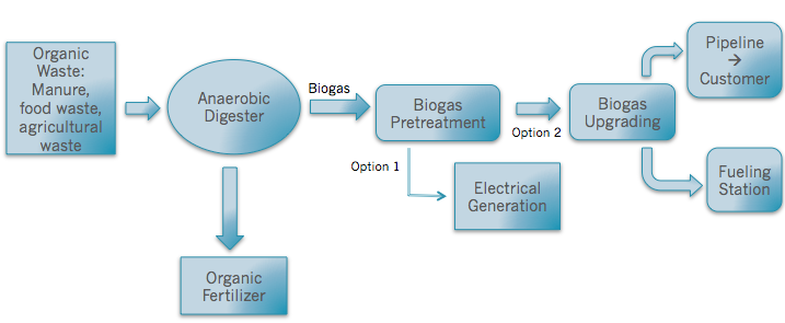
Also, some of the organic waste products are not well suited for compost facilities. However, there are significant amounts of land that would be needed for most composting solutions. Composting- To date, most of the reused organic waste has been brought to compost facilities.The two most popular beneficial reuse solutions for organic waste are: In some States, there are exemptions, based on the distance to organics processing facilities, while in some cases there are no distance exemptions. There are other intermediate deadlines until the final effective dates.

There are intermediate deadlines that are based on thresholds (with less and less tons per year per producer) that are already in place. Generally, they ban most or all organics (other than wastewater biosolids in most cases) from landfills by the years 2018 to 2020. There are several States (including Vermont, Massachusetts, Connecticut, Rhode Island and California) and some municipalities (including New York City) that have passed new organic waste bans and recycling laws.

As we transition to the bans on organic materials from landfills and even more organic materials will need to be processed, other organics reuse solutions will need to be deployed.

There have been various attempts to gather and process organic waste materials utilizing similar methods, but the challenges are far from resolved. Most trash and recycled waste materials are being processed on a regional basis to maximize the economy of scale. Decentralized Organics to Energy with Containerized Anaerobic Digestion by John Forcier, P.E., Lee Enterprises Consulting


 0 kommentar(er)
0 kommentar(er)
